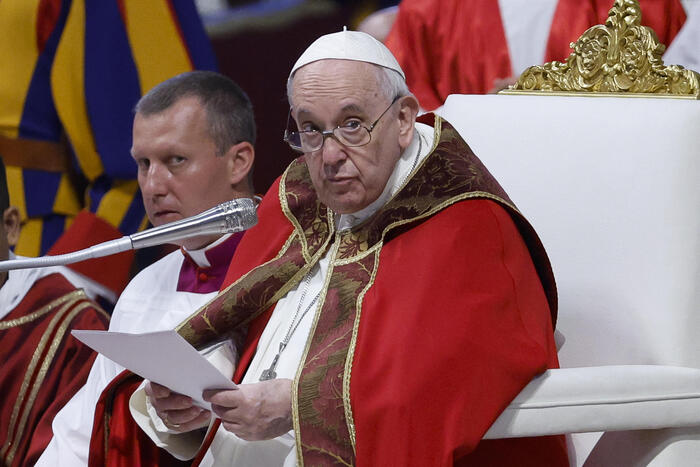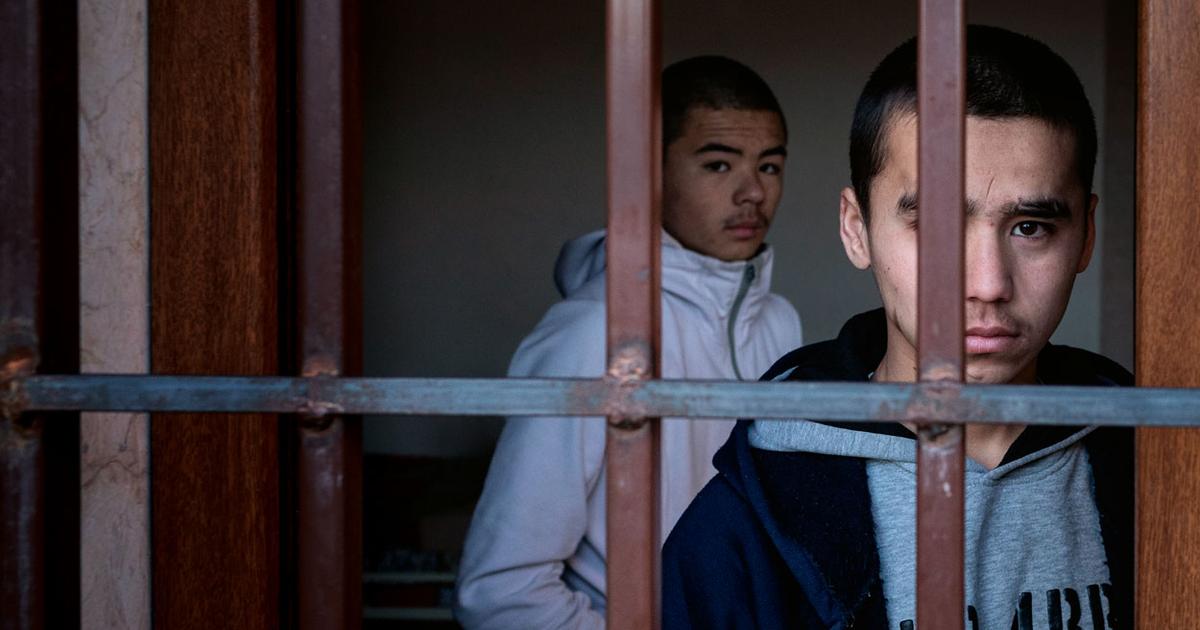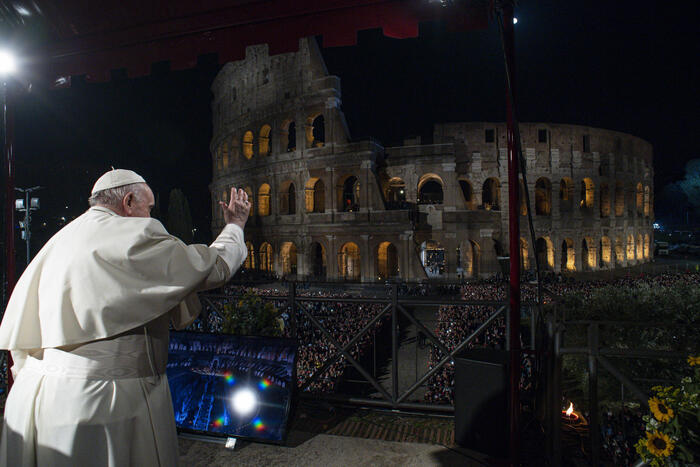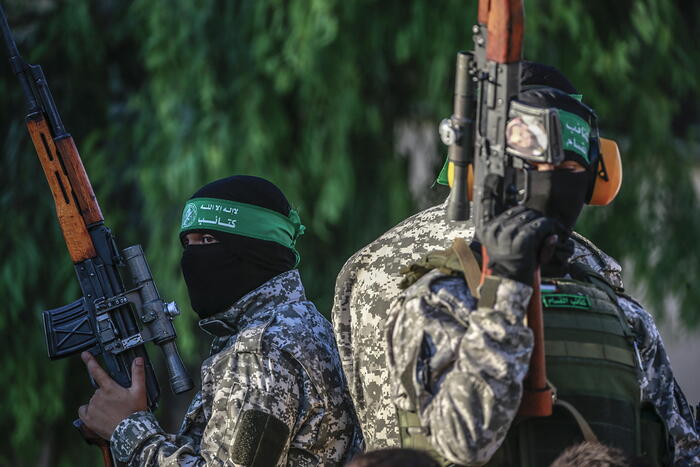"After the Second World War there was a lot of hope in the United Nations - says Pope Francis in an interview with the Argentine agency Telam -. I do not want to offend, I know that there are excellent people who work, but on this point they do not have the power. to establish itself ".
"They help to avoid wars, and I am thinking of Cyprus, where there are Argentine troops - he adds -. But to stop a war, to resolve a situation of conflict like the one we are experiencing today in Europe, or like those experienced in other parts of the country. world, they have no power. No offense. It's just that their constitution doesn't give them power. "
Answering the question whether the powers in the world and the weight of some institutions have changed, the Pope underlines that "there are some worthy institutions that are in crisis or, worse still,
who are in conflict "." Those in crisis give me hope for possible progress - he observes -.
But those in conflict are committed to resolving internal issues "." At this moment we need courage and creativity - warns Francis -.
Without these two elements, we will not have international institutions that can help us overcome these very serious conflicts, these situations of death ".
"A war, unfortunately, is a cruelty a day. In war you don't dance the minuet, you kill. And there is an entire arms sales structure that favors it."
This was stated by Pope Francis in an interview with the Argentine agency Telam.
"Someone expert in statistics told me, I don't remember the numbers, that if weapons were not manufactured for a year, there would be no hunger in the world - he underlines -. I think the time has come to rethink the concept of 'just war'. There may be a just war, there is the right to defend oneself, but the way in which the concept is used today must be rethought ".
"In Europe they have a very sad experience of populism. A book has just come out, 'Syndrome 1933', which shows how Hitler's populism was generated. This is why I like to say: let's not confuse populism with popularism."
Pope Francis says this in the interview with the Argentine agency Telam.
"Popularism - he explains - is when the people go about their business, express their thoughts in dialogue and are sovereign. Populism is an ideology that unites the people, which tries to group them in one direction. And here, when you talk to them about fascism and Nazism, they understand what populism is. "
On Putin, the media manipulated my words
By dwelling on media manipulations in an interview with the Argentine agency Telam
, Pope Francis states that "they take a sentence out of context and make you say what you did not mean. In other words , you have to be very careful ".
"For example, with the war - he continues -, there was an entire controversy over my statement in a Jesuit magazine: I said that 'there are neither good nor bad people here' and I explained why. this statement alone and they said: 'The Pope does not condemn Putin!' ".
"The reality - explains the Pontiff - is that the state of war is something much more universal, more serious, and there are no good and bad.
In an interview with the Argentine agency Telam, Pope Francis recalls having used the expression "world war in pieces" since 2014.
"What happens in Ukraine we live closely and for this we worry - he observes -, but we think of Rwanda 25 years ago, Syria 10 years ago, Lebanon with its internal struggles or Myanmar today. What we are seeing is happening for a long time. "
"I affirmed that the use and possession of nuclear weapons is immoral - continues the Pontiff -.
Solving things with a war means saying no to the capacity for dialogue, to be constructive, which men have
.
This capacity for dialogue is very important.
I leave the war and move on to common behavior.
Think about when you are talking to people and, before you finish, they interrupt you and answer you.
We don't know how to listen to each other.
We do not allow the other to speak out about you.
We must listen.
Listening to what he says, receiving, we declare war first, that is, we interrupt the dialogue.
Because war is essentially a lack of dialogue "." When I went to Redipuglia in 2014, for the centenary of the 1914 war, I saw the age of the dead in the cemetery and I cried - Bergoglio recalls -.
That day I cried.
On November 2nd, a few years later, I went to the Anzio cemetery and when I saw the age of those dead boys, I cried again.
I'm not ashamed to say it.
What cruelty!
And when the
anniversary of the Normandy landings, I thought of the 30,000 children left lifeless on the beach.
They opened the boats and ordered them: 'Get off, get off', while the Nazis waited for them.
Is this justifiable?
Visiting military cemeteries in Europe helps to realize this. "








